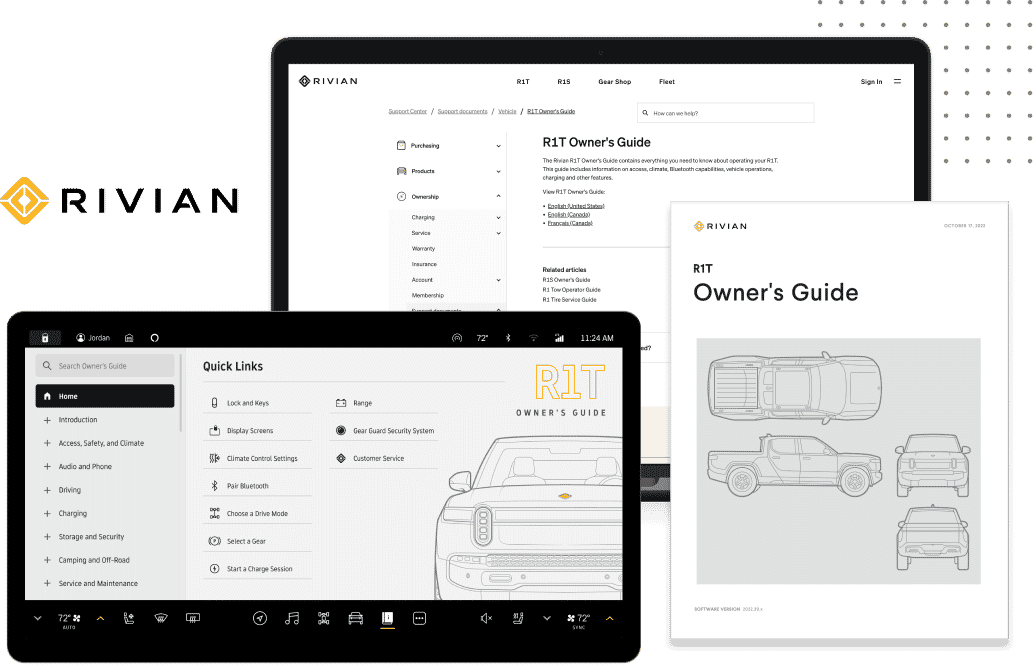Selecting a translation company to work with can sometimes feel overwhelming. Unlike some other areas of the service industry, the end product is difficult to evaluate. Since companies that are translating their content into new languages often are just beginning their efforts in that market, the number of trusted reviewers is limited. Additionally, native speakers of a language may have disagreements about translations. Automated metrics can be hard to obtain and understand. These factors, and others, often lead to companies choosing translation services based on price, company size, and marketing, without any attempt to validate the actual quality of the services provided.
Despite these difficulties, there are several ways to meaningfully vet your prospective Language Service Provider (LSP) that will help you select the best option for you and your translation and localization needs. Here are a few options:
Verify Content Knowledge
Most LSPs claim they can handle content in any format and any industry domain. Finding an LSP that has specific knowledge for your content format, can be harder, but can often bring significant advantages. General knowledge of MadCap Flare, for example, could be sufficient for simple projects but insufficient for large projects with index keywords, glossary terms, conditions, etc. Specific knowledge of a content format can help avoid additional translation costs, malformed translated documents, and costly project delays. Familiarity with an industry is also crucial since terminology can vary, and stylistic changes can have substantive consequences. It’s important to be familiar with your content structure and domain and ask the prospective LSP about specific needs you have and see what experience and history they have in those areas.
Check Technical Expertise
Software expertise and an in-depth understanding of relevant file formats are an integral part of all translation projects. While the translation process requires expert translators and linguists, the translation workflow requires considerable knowledge about software and systems used in content creation and management, not to mention translation software. Asking what translation software the LSP uses and why can be insightful into their thought processes and technical expertise. Additionally, asking specific questions about their expertise in content management and creation tools you use inside your company will also help you discover if the LSP has enough experience to handle your needs. If the LSP does have mastery of your software, and a general aptitude in technical issues, they will help ensure that your content is built the right way in your target languages.
Ensure Company Accountability
Aside from the legal aspects of ensuring that mistranslations are corrected quickly, verifying that you know what the feedback channels are with a future partner is critical. Who do you contact with issues or questions about translations? Who will help you if you encounter a software-related issue? Who will notify you (and when) if the project delivery is delayed?? Having the correct points-of-contact will save you time and stress if something does go wrong. Ensure that any LSP you are considering provides a clear and responsive line of communication that will remain unchanged during translation projects.
Document Transparency
The translation process is often a diffuse effort. The translation project manager will assign work to resources that work around the globe. After the initial translation, there can be an editor or proof-reader involved. The project manager may also employ a publishing expert to help with specific formatting issues. Transparency in the process provides you with confidence that your data will be handled carefully and will help set your expectations on what will be accomplished and by whom. Taking the time to thoroughly vet your LSP will pay huge dividends in translation quality, cost, and peace of mind. If you already have a relationship with an LSP but don't know the answer to the questions above, reach out to them and make sure you can get the answers you need.










